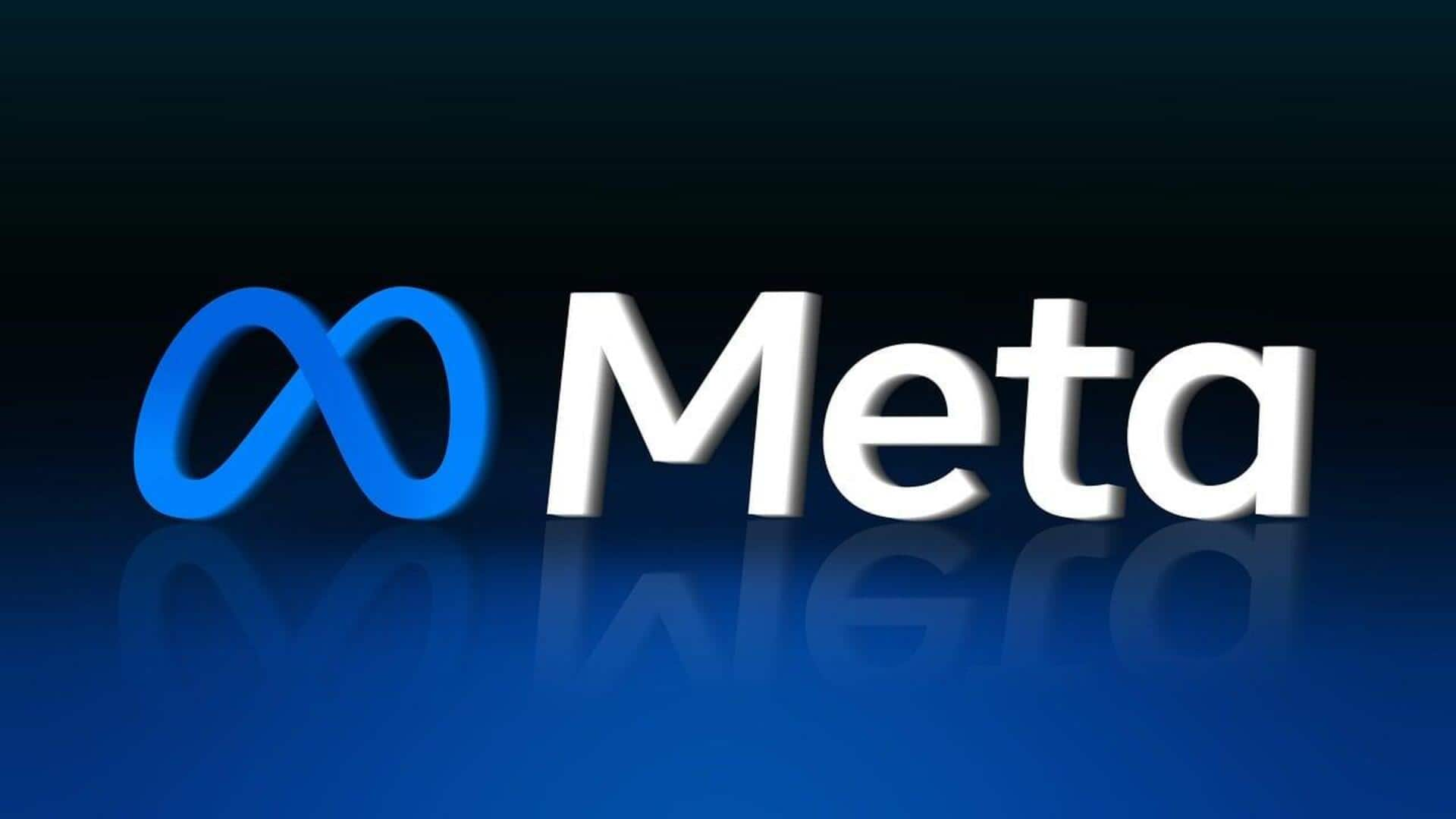
Meta to be fined $1B for breaching EU's antitrust rules
- 25.03.2025 03:11
- newsbytesapp.com
- Keywords: Fine
Meta faces a potential $1 billion fine from the EU for violating antitrust rules under the Digital Markets Act. The company's "pay or consent" ad model was deemed non-compliant, forcing users to agree to data combination without offering alternatives.